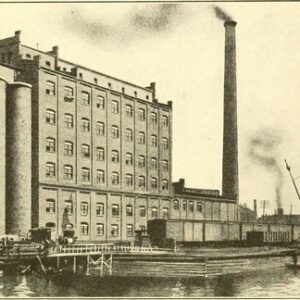
- This project has passed.
YSI – Economic History Graduate Webinar: Blessy Abraham
YSI - Economic History Graduate Webinars 2020
Start time:
June 3, 2020 @ 2:00 pm - 3:00 pm
EDT
Location:
Online
Type:
Other

Description
Blessy Abraham, PhD candidate from the University of Delhi, will present her work: Protection versus Preference: Behind the scenes Of Indian Tariff Policy Debates, 1905-1922.
If you wish to attend, please register for the entire series here: https://forms.gle/LtqDgzoDtAojZg1S8
Attendees will receive by email on Wednesday morning the link to join the webinar.
Abstract:
The paper seeks to explore how the continuous debates on tariff protectionism for domestic industries, and preferential tariffs to help boost inter-Imperial trade, impacted the way colonial governments of the white Dominions state and of India, negotiated their relationships with London. It shows that debates on preferential treatment were not exclusive only to India but part of larger raging debate since early twentieth century. By doing so, my intention is not just to plot a singular narrative that sees India and Britain occupying important roles within the debate on Imperial Preference, but also to better explore the international conversations that ranged around the question of tariff strategies especially on the global platform of various Imperial Conferences. I suggest that these Conferences were arenas where not only views on Imperial commercial unity were redefined but also that it was a contested space where Colonies sought to negotiate and reshape their distance and position in relation to the central importance of Great Britain to their trading domains.
Moreover, not only did these inter-Empire debates laid the roots for tariff demands in India but it also allowed Indian capitalist groups to reimagine a future of a self-reliant India based on industrialization through tariffs. But it also brought them in conflict with government policy advisors who disagreed with the usage of tariff protectionism as means to achieve this new utopic future. The establishment of Indian Tariff Commission and later the first Indian Tariff Board in 1925, mirrors these anxieties and ambitions. My main argument is then to propose how tariff strategies for India were not only influenced by international events but also how it was also an uncomfortable mixture of varying visions and diverse political ambitions.
Hosted by Working Group(s):
Organizers
Attendees
Maylis Avaro